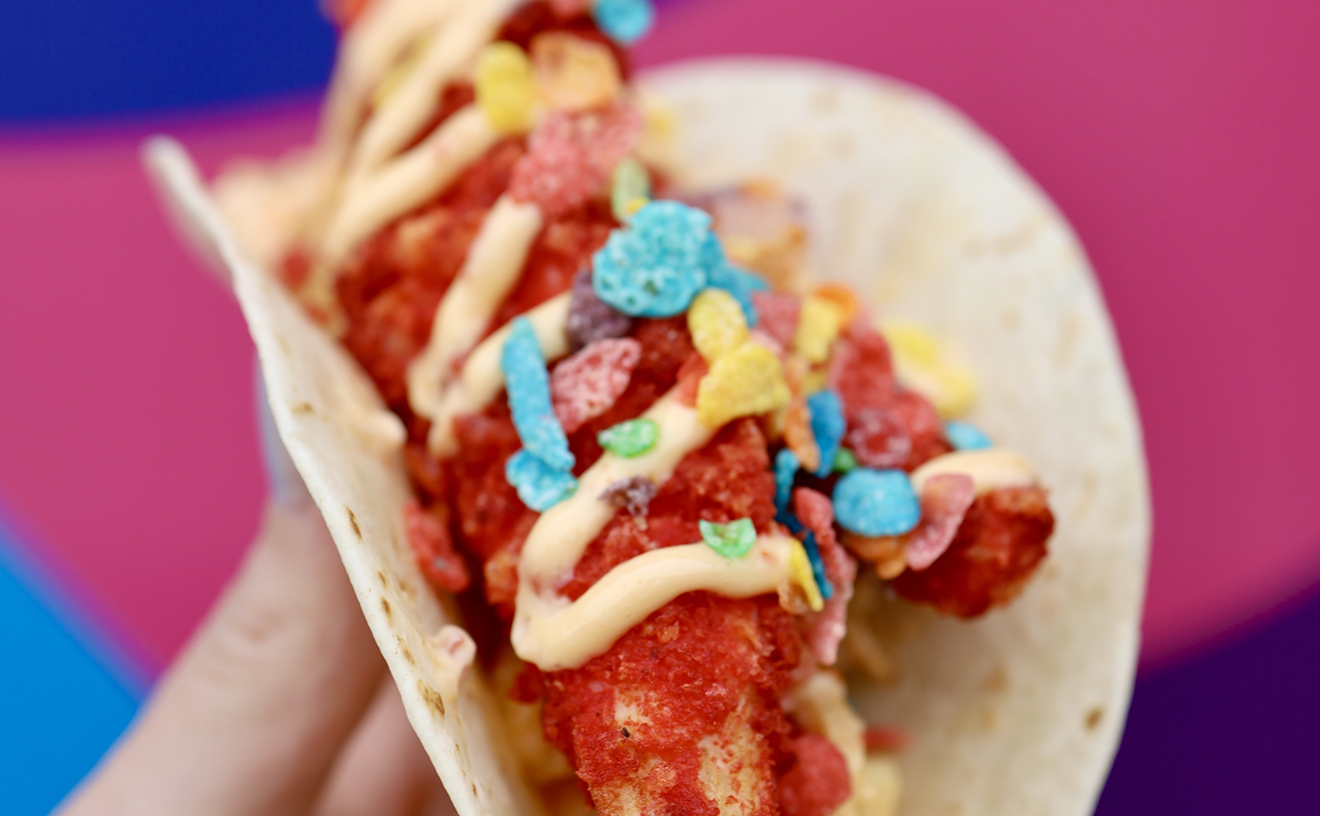Have you tried miracle fruit? The small red berry, native to West Africa, contains a protein called miraculin, which binds with our taste buds and, when introduced to acids, makes sour taste sweet.
Called "LSD for your mouth," the fruit creates a result that's supposed to be strange. There's a cottage industry of "mouth tripping" parties where people pay to take the berry and experiment with different flavors.
From time to time, the berry pops up in Miami, and the Fruit & Spice Park has a miracle fruit tree on property. Online suppliers sell the berries for about $2.50 each -- making them an expensive little "parlor trick."
On a recent trip to Home Depot, I spotted something interesting. Along with some blackberry bushes, the hardware megastore was selling baby miracle fruit trees. At $29.99, they were about three times more expensive than other plants, but one little tree was already bearing fruit and was begging me to take it home.
I took the little tree home and asked a friend to come over for a little "experiment" party. Before she arrived, I set out an array of savory, sour, and acidic foods -- lemons, limes, grapefruit, olives, balsamic vinegar, white vinegar, beer, and plain yogurt.
We each popped a berry into our mouths. According to miraclefruitusa.com, the proper way to eat a berry is to place one in your mouth and "gently scrape the fleshy part off the seed. Swirl this around your mouth for two minutes before swallowing."
We agreed that our mouths felt like they had a slight "coating" on them. Figuring the berry was working, we started with the lemon.
It was sweet. It still tasted like lemon -- but maybe one dipped in sugar, or a lemon candy.
On to the lime. Then the grapefruit. Each sour, acidic citrus was better than the last. There was still the taste of the fruit. But the grapefruit and lime both tasted more like the candied peels you get at Florida roadside attractions than the raw, unadorned fruit we were eating.
We advanced to the vinegar and started cracking up. The balsamic was delicious, like a sweet glaze atop the ripest strawberries.
The plain yogurt tasted like vanilla yogurt.
The experiment took on an out-of-body type of vibe as we caught ourselves pouring more vinegar to drink (it was that good) and eating the lime whole.
I had an idea and took a bottle of vodka from the freezer. Pouring a liberal shot, I squeezed the juice of half a lemon into the glass and drank. Bam! The most delicious "lemon drop shot" ever!
Of course, some things didn't work as well. The olives just tasted like salty water, and the beer tasted like beer. Nothing magic there. Also, the effects lingered for a little more than an hour, which I learned when I poured myself a glass of wine and it tasted horrific!
The tree's little container says the berries are also useful for people who are undergoing chemotherapy, have diabetes, and are taking medicines that make things taste terrible. All in all, for $29.99, you get a living tree that bears these great little fruits that do some fancy tricks. And if these little fruits could also help someone regain his or her appetite or experience "sweetness" while fighting a disease, well, that would be a miracle, wouldn't it?
Follow Laine Doss on Twitter @LaineDoss and Facebook.
Follow Short Order on Facebook , on Twitter @Short_Order, and Instagram @ShortOrder.











